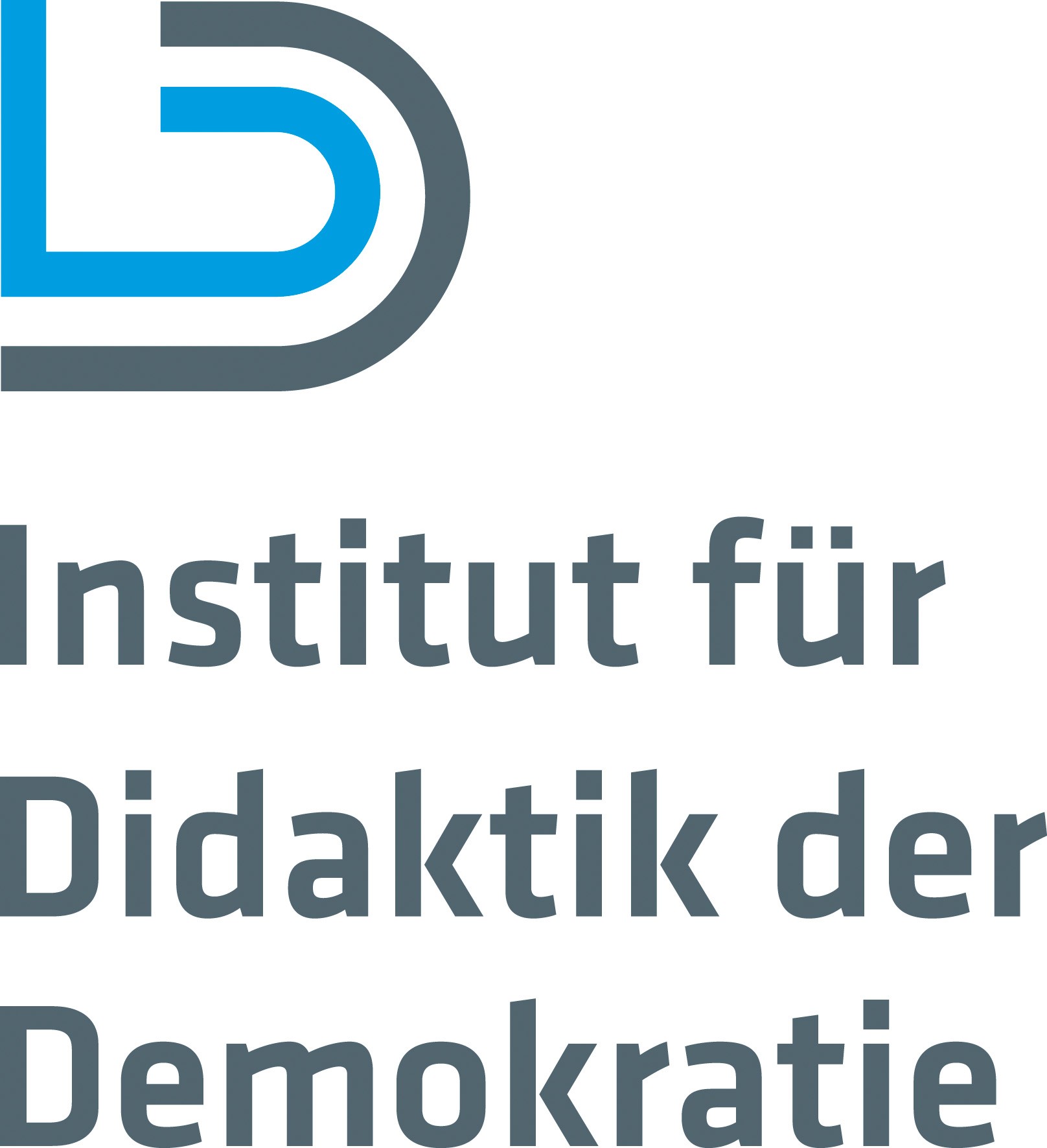


With the significant increase of enrolled international students, the role of university-employees becomes more important at all levels of the academic system. The project assumes that the integration of refugees, migrants and international students into the higher education system promises great opportunities, as it also enforces the internationalization of higher education and the promotion of positive developments in universities. (Borgwardt 2016).
The MUSIC-project (“Making Universities Ready for Social Inclusion and Cultural Diversity”) develops a comprehensive program for employees at European universities to break down barriers for international students, namely migrants and refugees, in the use of educational and administrative services.
Project Manager
30167 Hannover
Project Lead
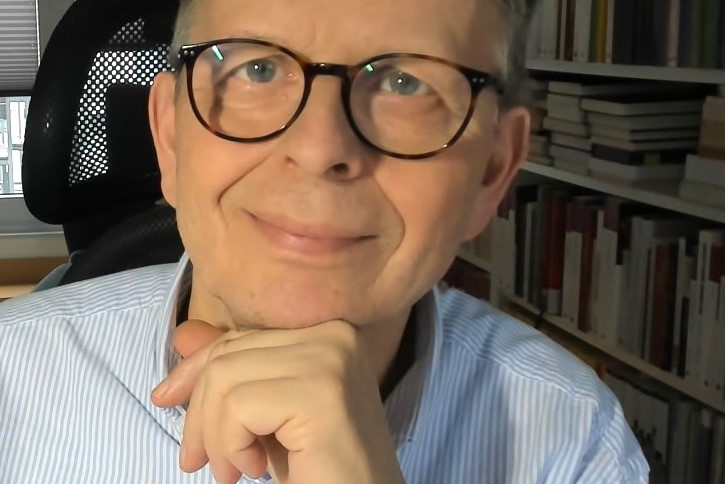
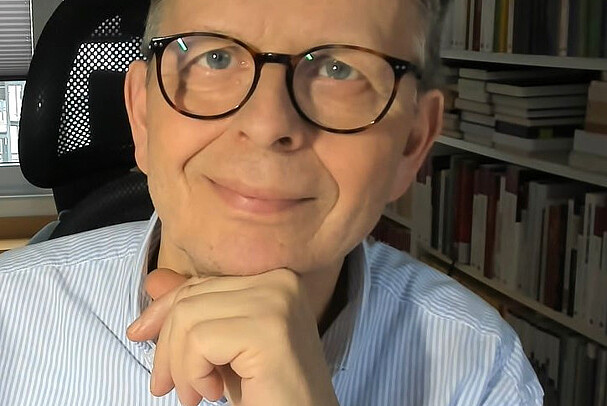
30167 Hannover


Project Supervisor
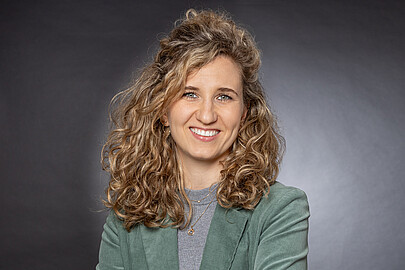
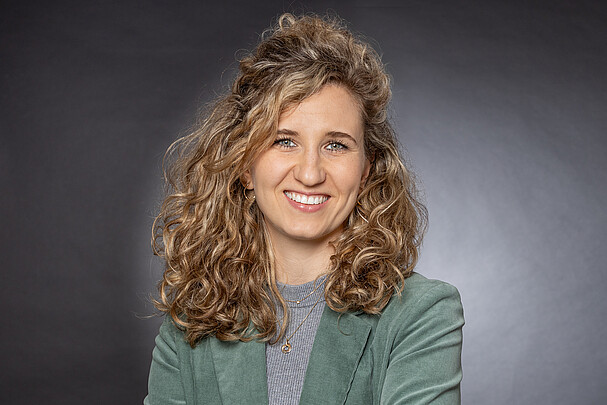
30167 Hannover


Project
Context
With the significant increase of enrolled international students, the role of university-employees becomes more important at all levels of the academic system. The project assumes that the integration of refugees, migrants and international students into the higher education system promises great opportunities, as it also enforces the internationalization of higher education and the promotion of positive developments in universities. (Borgwardt 2016).
The MUSIC-project ("Making Universities Ready for Social Inclusion and Cultural Diversity") develops a comprehensive program for employees at European universities to break down barriers for international students, namely migrants and refugees, in the use of educational and administrative services.
Through the qualification of employees of different work areas and different occupational groups within the "microcosm university" the social inclusion of these groups is promoted.
The decades-long immigration to Europe, the so-called "refugee crisis” in 2015/2016, as well as the increasing internationalization of universities, which was supported by numerous initiatives, effected that universities are confronted with a heterogeneous student body. This poses specific challenges for the universities.
Even the number of new students who have migrated to Germany “has nearly tripled between the current and the previous winter semester [...] ", a survey of the German Rectors' Conference from 2018 states. Along with the rising numbers, the tasks for the complex system grew - not just in Germany. This does not only affect the teachers in seminars and lectures, but also all other employee groups, such as employees of the student union or employees of the matriculation offices.
Against this background, MUSIC pursues a concept involving all relevant actors within the university.
Since the individual support of these target groups at the universities has a special significance, employees are in need of specific skills in the fields of communication, interculturality and civic education to be able to confront problems and conflicts constructively. Reflective, informed staff will provide migrants and refugees, and in a broader sense all international students, with easier access to tertiary education. Diversity and interculturality in higher education will be strengthened, and, in this way, a significant contribution to the integration of this group into the European Community will be achieved.
International students experience more appreciation and opportunities to participate socially in higher education, which will result in an increase of equal opportunities and a breakup of asymmetric relations at European universities.
Objectives
The project aims at raising awareness among employees of the university for the inclusion of international students, in particular refugees and migrants from third-nations, and designing inclusion processes in the best possible way. This will open up the university in the sense of an inclusive self-image. Internal processes can be critically reflected likewise and, if necessary, modified.
The employees (primary target group) can improve their intercultural and communicative skills, e.g. in the context of counselling or teaching. The focus of the project is based on concepts such as fair treatment (independent of religion, origin and gender), which can be linked to the current discourse of civic educational work and social science didactics. The project should not be limited to the individual level, but additional knowledge about structural levels should be conveyed by e.g. reflecting on power structures, analysing day-to-day political events, and increasing awareness for a particular approach to discrimination, stigmatisation and forms of group-related misanthropy.
Refugees and migrants are the secondary target group of the project. They will profit from the improved skills of the staff in the contact and advice centres. The importance of the counselling of (international) students is repeatedly emphasised (cf. HRK, 2018).
The concept is based on the experience of intercultural and civic adult education.
This field is characterised by many years of expertise in working with heterogeneous learning groups. Oftentimes, adult education institutions were involved in the "refugee crisis” and created educational opportunities for new arrivals. Methods and exercises from the inclusive adult education are therefore adapted and made fruitful. In addition, concepts and contents of civic education are incorporated into the project.
In order to determine the exact needs for the concrete contents of the modules of the curriculum and to develop corresponding offers and exercises for further training, a needs analysis in the national contexts at the universities will be executed at first. Building on this, the partners develop the modules of the curriculum by making full use of their common, sometimes specific, expertise.
The curriculum is divided into different modules:
- self-reflection on (conscious or unconscious) prejudices against refugees/migrants
- communication strategies in consulting as well as in the everyday exchange
- (Inter)cultural diversity and intercultural learning
These three form the cross-sectional modules that are relevant for all groups of employees. Moreover, the respective occupational groups addressed require group-specific offers.These specific offers (e.g. only for university teachers) are the content of a fourth module consisting of target group-specific offers.
The training concept will be pilot-tested at a four-day workshop and critically evaluated within the project consortium. Here, groups of people from different levels of universities (administration, teachers and student-groups) should participate.
At the same time, this will be the start of a comprehensive practice-oriented evaluation phase, which will be subdivided into:
Local evaluation phase:
Five universities are involved in the project, which will carry out the evaluation within their own institution. The employees who were previously involved in the workshop now act as “practical advisors”, who on the one hand, disseminate the developed contents, and, on the other hand are actively involved in the evaluation process.
(Cross) regional evaluation phase:
After this, the step from the local to the regional-level will take place by evaluating the program together with one additional university each. For this purpose, a special online course in the form of a webinar will be created, which provides access to (supra) regional universities and enables additional feedback. The webinar will be developed further as independent output and thus contributes to the sustainability of the project’s concept.
The collected evaluation results and feedback from the participants ultimately lead to a ready to use concept, which is made available as manual and digital handbook in all partner countries. Dissemination will take place nationally and EU-wide accordingly.
Results
Intellectual Outputs: The Modules of the MUSIC-project



The written modules of the MUSIC-project developed in the for Intellectual Outputs (IOs) of the project include information and guidelines for the Self-Reflection of prejudices against refugees and migrants (Module 1), communication strategies in consulting as well as in the everyday exchange (Module 2), intercultural competences for diversity management (Module 3) and last but not least group-specific information (Module 4).
Promotion Material
News & Events
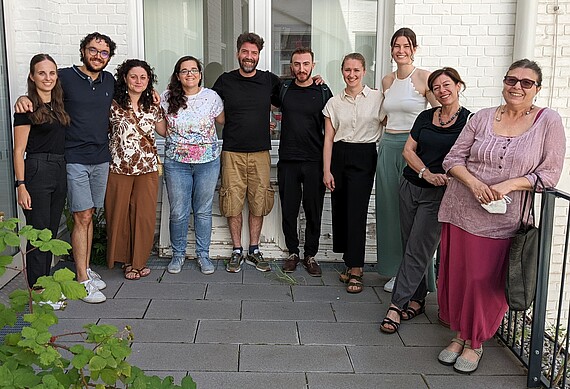
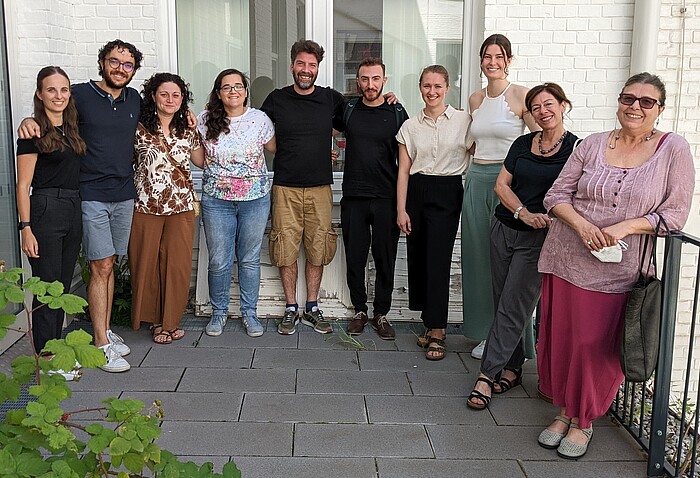
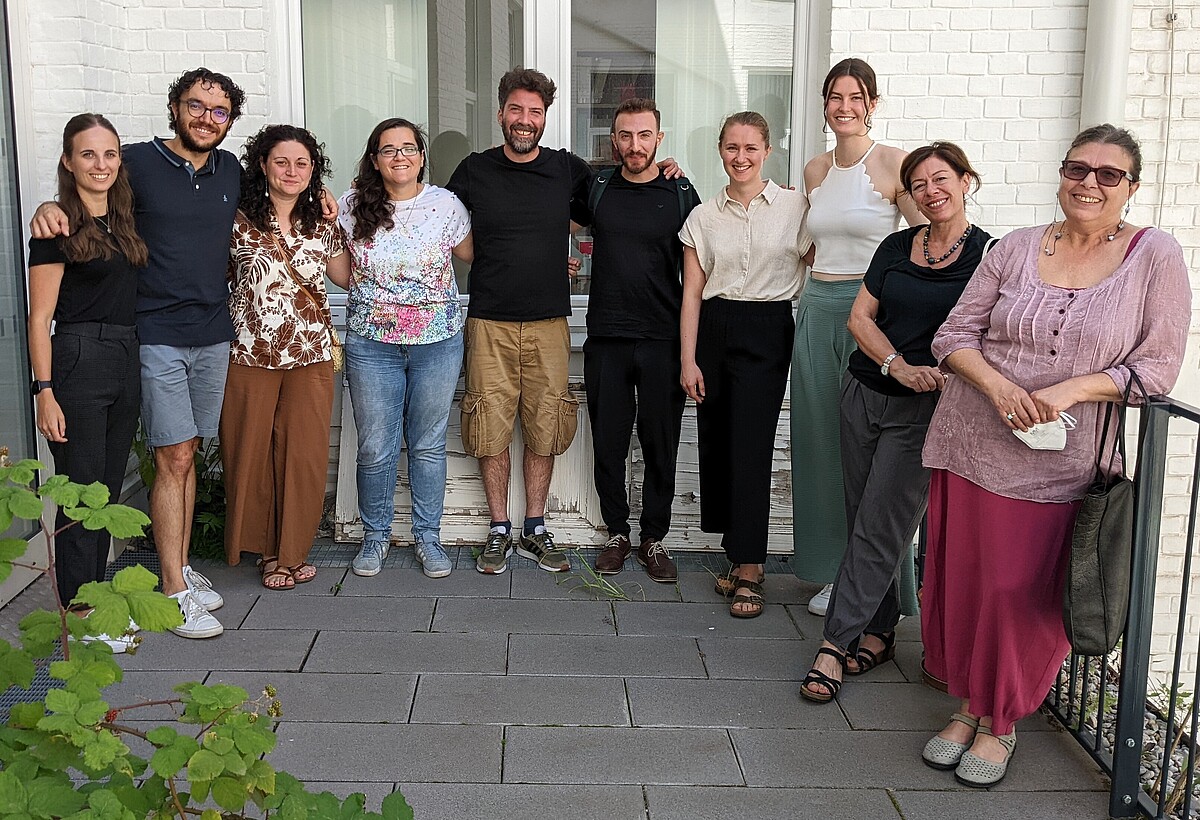
Final project meeting in Vienna
The MUSIC consortium met in Vienna from 30.06.-01.07.2022 and held the last project meeting here. During the project meeting, we evaluated the project, talked about our sustainability strategy, and thought through our quality plan. All in all, the project, the cooperation and also the quality of the outputs were evaluated very positively by the partners. Ideas for further projects have also emerged. The outputs of the project are further used and implemented at the partner universities in different ways. So the project of "Making Universities ready for Social Inclusion and Cultural Diversity" remains ongoing.
In addition, our host, the University of Vienna, organised our general Final Conference. Here our consortium presented the outputs, gave insights into our evaluations and our National Final Conferences. In addition, a keynote and two panels provided an exciting basis for further discussions.
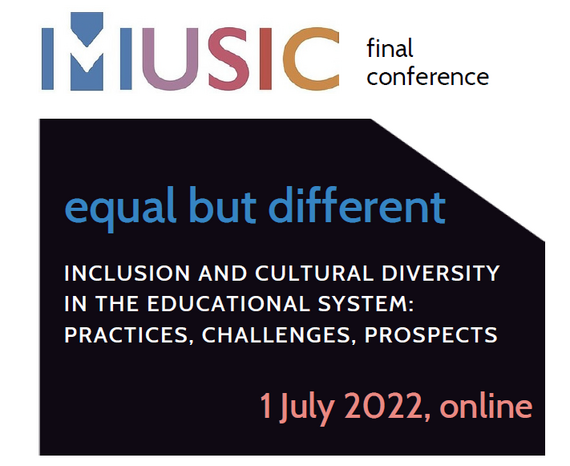
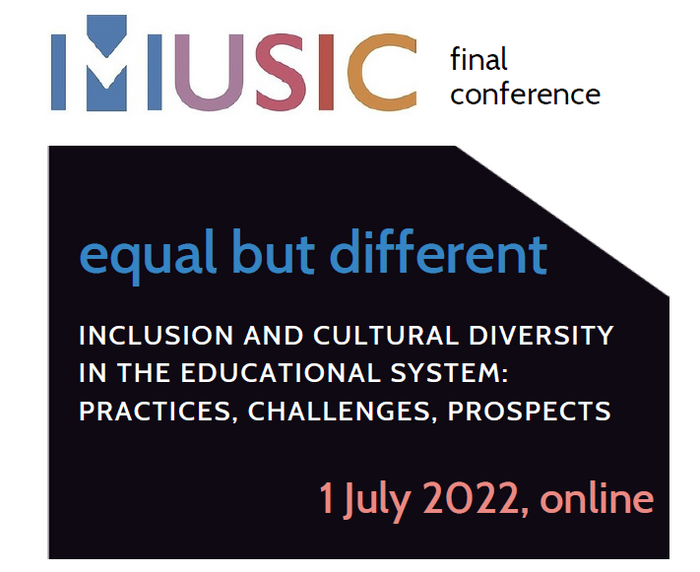
Final conference of the MUSIC project in Vienna
The final conference of the project will take place in Vienna on July 1st. Besides the presentation of the intellectual outputs, Seyda Subasi Sigh (University of Vienna) will give a keynote speech. There will also be a panel discussion on Social Inclusion of Ukrainian Students Across Europe: Challenges and Prospects and another on Social Inclusion and Cultural Diversity in Universities: The Next Steps. The conference will be held online and registration is available here.
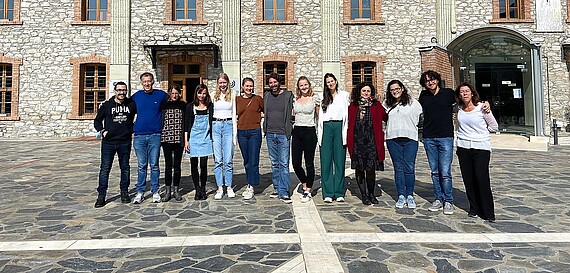
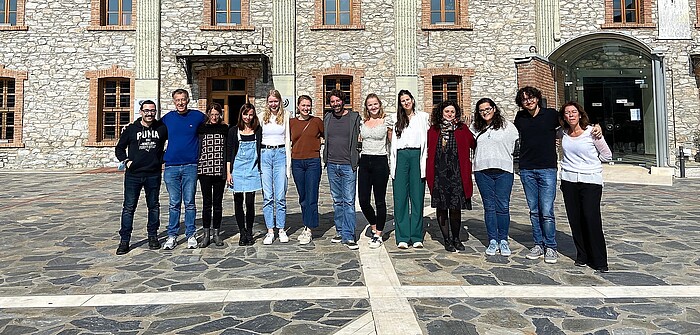
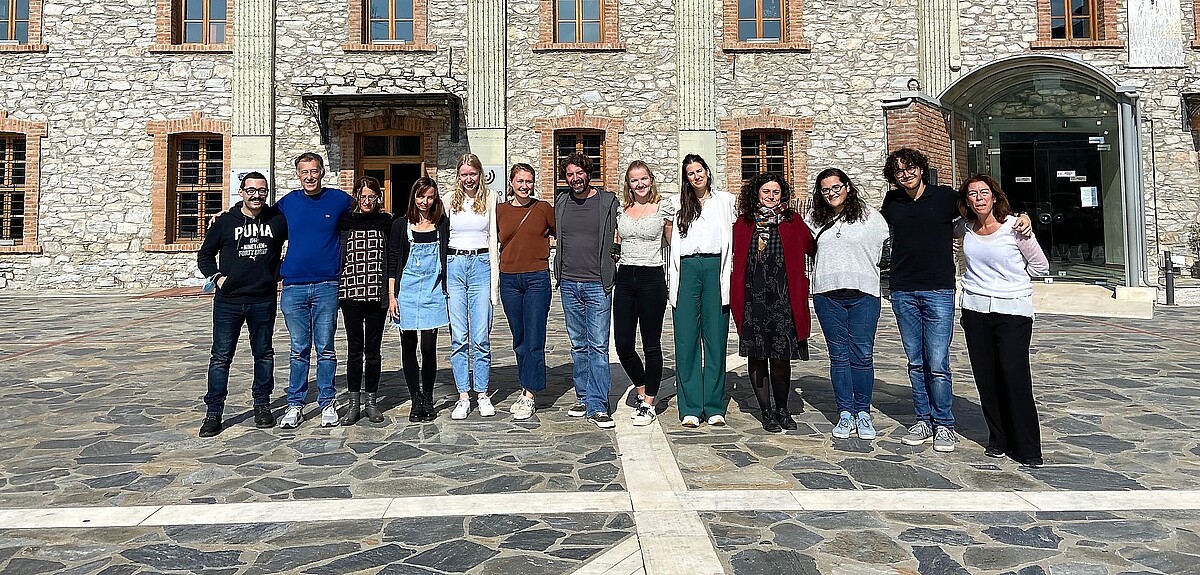
Learning-Teaching-Training Activities - Employee-workshop in Larissa 18.-21.10.2021
From October 18th to 21st, the MUSIC Consortium met in Larissa, Greece. The meeting was hosted by our partner, Synergy of Music Theatre. Thanks again for the beautiful premises, taking care of all wishes and your hospitality. We felt very welcome!
On the agenda was the testing, evaluation, and improvement of the handbook’s modules and the further development of the online tutorials. After intensive and fruitful collaboration, we were able to make great progress on the modules. On the last day we shot the videos for the online tutorials and the good preparatory work paid off. The personal and engaging working atmosphere boosted a momentum for the next project phase. Many thanks to all those present for their cooperation and productive ideas.
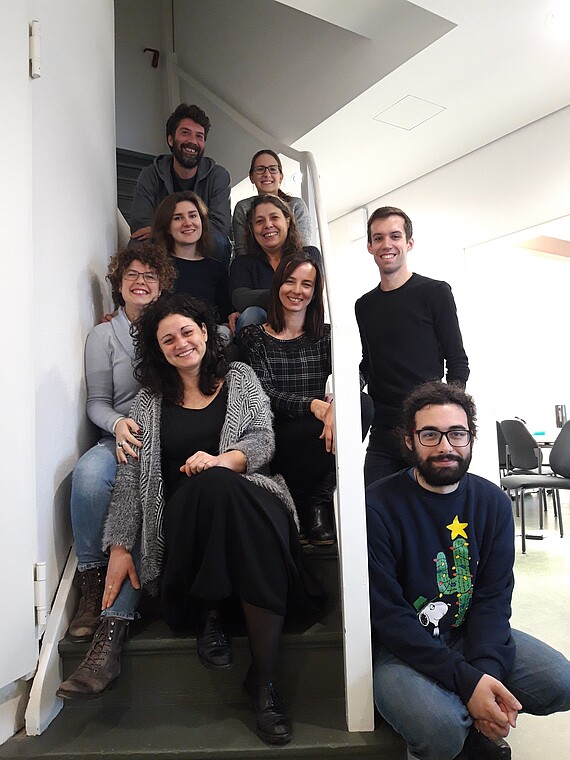
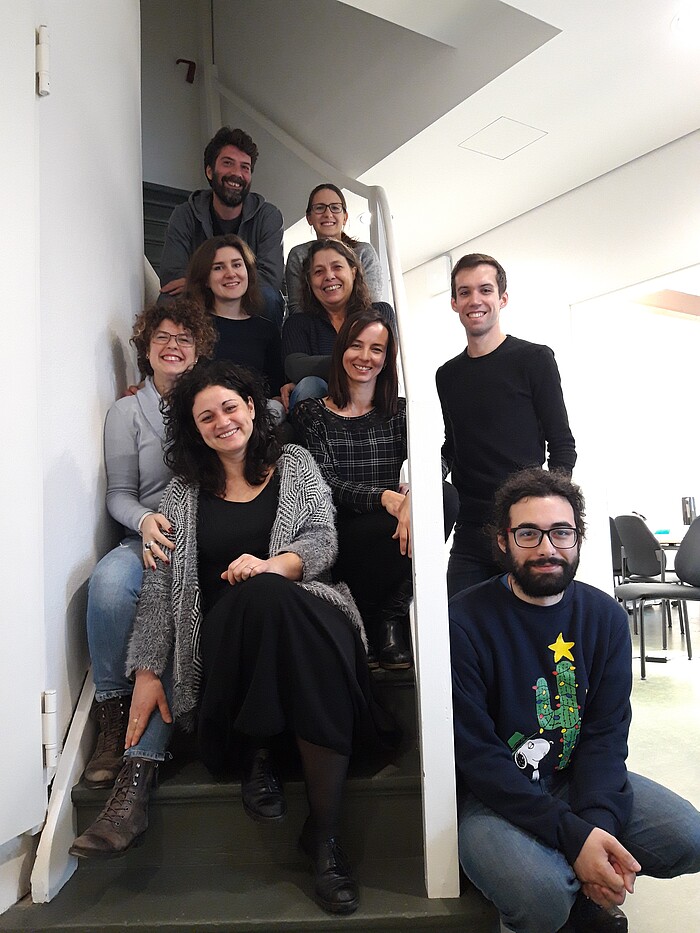
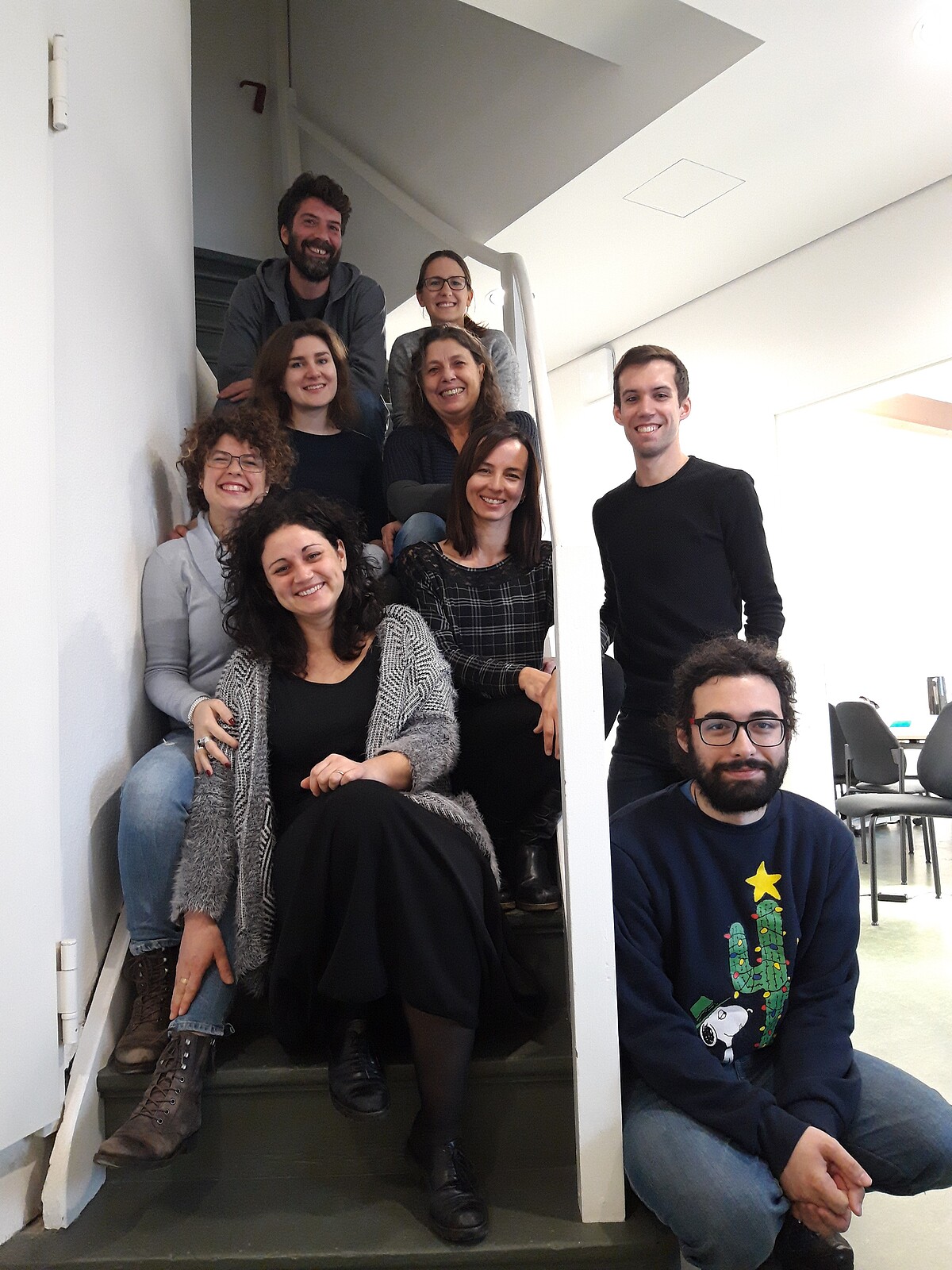
Kickoff Meeting 02.12. - 03.12.2019 Hannover
The kick off meeting took place in Hanover, Germany on the 2th and 3th
of December 2019. It was organized by the Leibniz University and led
by Arne Schrader and Jessica Burmester (both LUH). After each partner
introduced him/herself and his/her institution, the consortium went
through every detail of the project plan. Furthermore, the first step,
the need analysis, was discussed in detail and the all partners worked
on the questionnaires for the different groups (lecturers,
administrative staff, student representatives/student assistants,
international students). The needs analysis is the basis for the
development of the training concept. It was a highly efficient
meeting, and a solid base for further cooperation was build.
About Us
Leibniz University Hanover



As an institute of the University of Hanover the Institut für Didaktik der Demokratie is focusing on the creation of teaching / learning materials, school books and educational media as well as in the conception and implementation of teacher training courses in the field of civic education. In the center of our approach is the human being, who should be enabled to lead a self-determined life in an increasingly complex society. Dealing with diversity in a globalizied world plays a central role here.
Contact Person: Hannah Merkel (merkel@idd.uni-hannover.de)
Synergy of Music Theatre
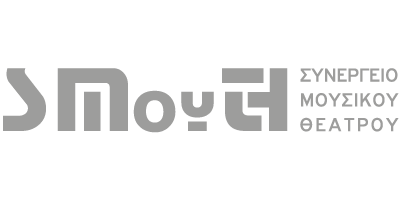


Synergy of Music Theatre (S.Mou.Th.) is an non profit organisation, whose workforce is a group of dedicated, experienced and emerging artists. The organization has been founded in Larissa-Greece, in 2001 by young theatre, music, dance and media artists. After operating for about 2 years in the framework of the Cultural Organisation of the Municipality of Larissa, it finally obtained its legal entity in 2004, and since then has become fully independent. The fundamental objectives of S.Mou.Th. are to provide youth and adults opportunities of initiation, training, education, creation, research and professionalization, in the performing and audiovisual arts, and by this process, to reinvent the means of artistic expression.
SMouTh’s work, both locally and at a European level, includes educational courses, cultural activities and events with special focus on social aspects, professional productions of theatre, music theatre and operas, and the annual organisation of two festivals.
Contact Persons: Andreas Almpanis (andreas@smouth.com), Dimitra Zacharouli (dimitra@smouth.com)
Website: www.smouth.com
Speha Fresia



Speha Fresia Cooperative is a non-profit organisation, and it acts since 1983 at local and national level in the fields of lifelong learning, labour active policies, local sustainable development and social research. The organisation is linked to the regional/national cooperative movement and it provides guidance, training, coaching paths on general management, entrepreneurial guidance, human resources and organisational culture development, communities’ empowerment and participatory practices.
Contact Persons: Betti Cannova (betticannova@speha-fresia.it), Christina Finocchiaro (cristinafinocchiaro@gmail.com)
Website: www.speha-fresia.eu
University of Piraeus
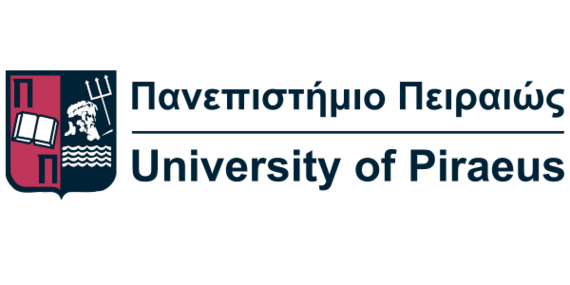
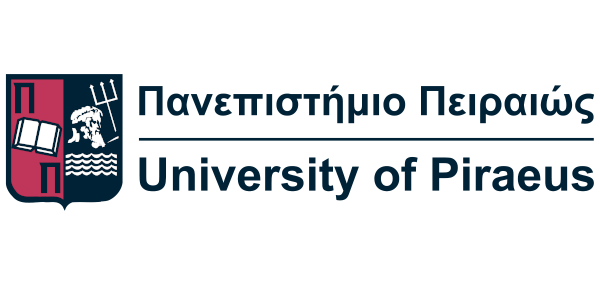

The University of Piraeus was founded in 1938. Research at the University is supported by the University of Piraeus Research Center (UPRC), which was founded in 1983 and has conducted more than 1,000 research and training programs, conferences and leadership seminars funded by the European Union and other sources. The UPRC supports the preparation and follow-up of research proposals (operational / financial management).
Contact Persons: Panagiotis Kyrillos (panagiotiskyrillos@gmail.com), Foteini Asderaki (fasderaki@gmail.com)
Website: www.unipi.gr/unipi/en/
University of Vienna
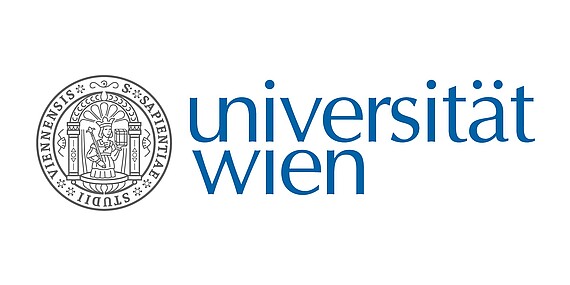
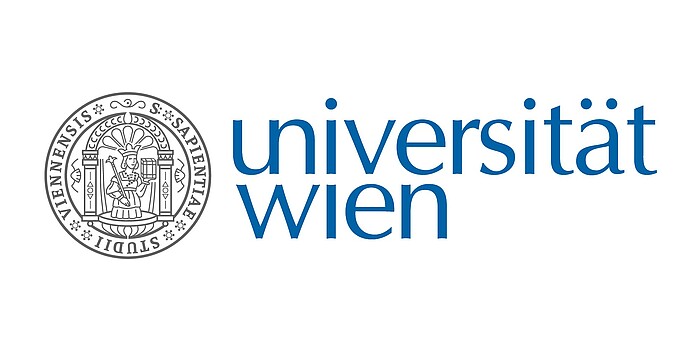
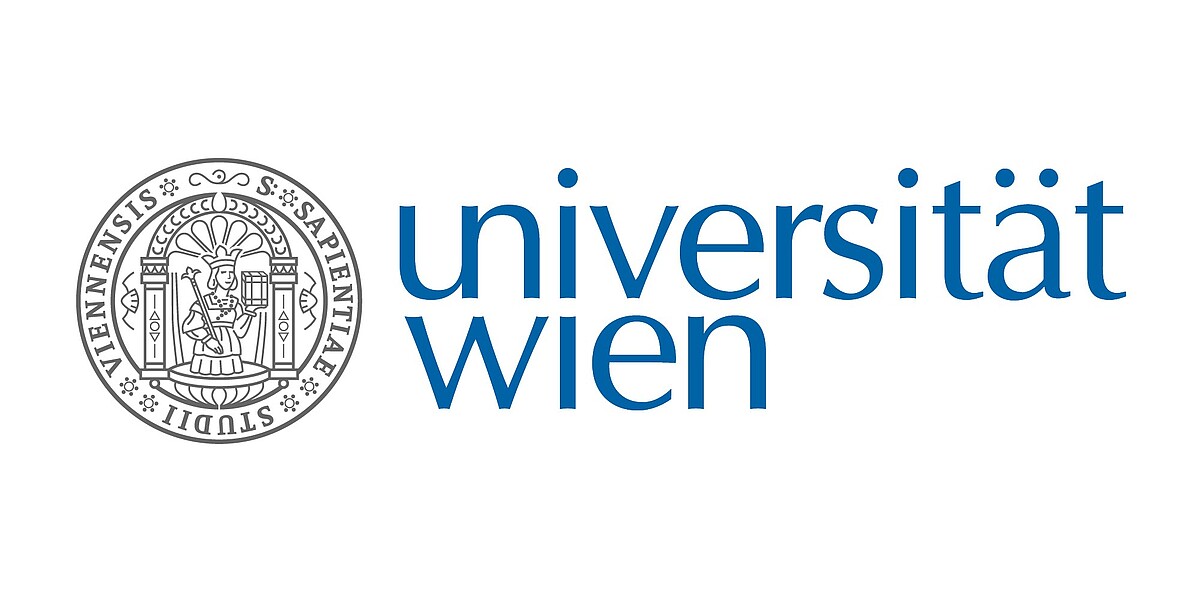
The University of Vienna, founded in 1365, is one of the oldest universities in Europe and it is the largest research and educational institution in Austria. The center for teacher education was established in 2013. At the University of Vienna it is the organizational and coordinating interface for all agendas of teaching. Together with other faculties / centers of the University of Vienna and the Pädagogische Hochschule, the center works to improve and further develop the quality of teacher training in research and teaching. The Department of Didactics of Civic Education was established at the Center for Teacher Education in March 2017 in order to strengthen civic education in the training of teachers.
Contact Person: Marco Mogiani (marco.mogiani@univie.ac.at)
Website: www.univie.ac.at
University of Pavia
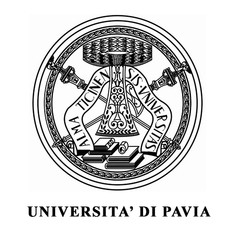


The University of Pavia is one of the world’s oldest academic institutions: it was founded in 1361 and until the 20th century it was the only university in the Milan area and the region of Lombardy. Today 24,000 students, from both Italy and overseas, study at our University. The University of Pavia covers all subject areas and is composed of 18 Departments offering study programmes at all levels, from Bachelor’s degrees to Doctorate programmes. Research departments promote and coordinate research activities. They embrace one or more research sectors which are homogeneous as regards goals, methods and subjects taught but often subdivided into sections (Sezioni) in which groups of teachers with similar research and teaching profiles participate.
Contact Persons: Emanuela Dalzotto (emanuela.dalzotto@unipv.it), Daria Milone (daria.milone@unipv.it)
Website: http://www.unipv.eu
University of Kaiserslautern
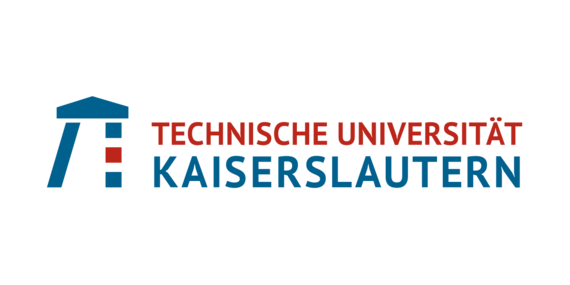
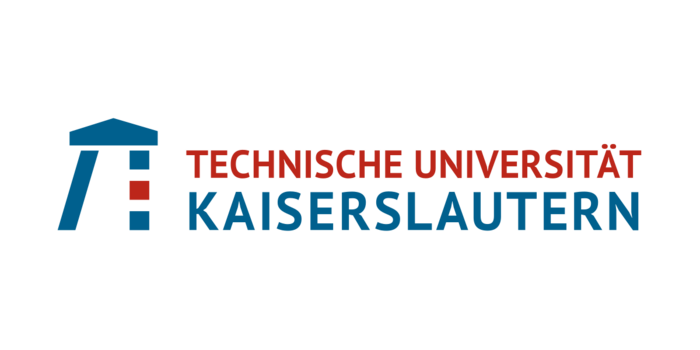

The Technical University of Kaiserslautern is a technical and scientific university in Rhineland-Palatinate (Germany). A central pillar of the university is teacher training. These are coordinated by the Center for Teacher Education. The University offers excellent teaching and research conditions in the teaching profession and pursues an active strategy of internationalization.
Contact Persons: Inken Heldt (inken.heldt@sowi.uni-kl.de), Jennifer Bloise (jennifer.bloise@sowi.uni-kl.de)
Website: www.uni-kl.de



This project has been funded with support from the European Commission. This communication reflects the views only of the author, and the Commission cannot be held responsible for any use which may be made of the information contained therein. Submission Number: 2019-1-DE01-KA203-004955
